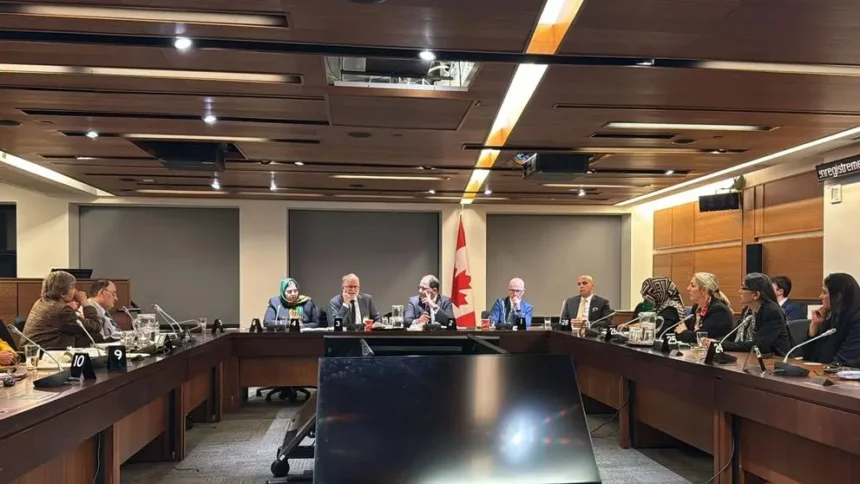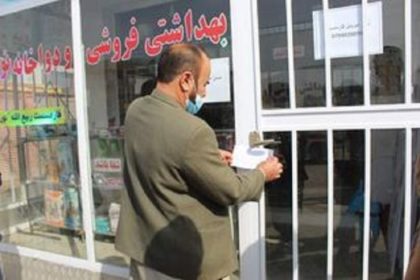RASC News Agency: Richard Bennett, the United Nations Special Rapporteur for Afghanistan, expressed that many Afghanistani citizens feel the global community’s efforts to report and condemn the Taliban’s actions have been insufficient. During a recent meeting, Bennett described Canada’s initiative, alongside its allies, to bring the Taliban to justice as an inspiring step. He emphasized that addressing Afghanistan’s crisis requires actions that extend beyond discussions and formal meetings.
In a session with Canadian parliamentarians and Afghanistani activists at Parliament Hill, Bennett reaffirmed his support for Canada and its partners’ efforts to bring the Taliban to trial at the International Court of Justice. He commended Canada’s initiative to hold the Taliban accountable for violating the Convention on the Elimination of All Forms of Discrimination Against Women, describing it as a concrete and potentially impactful move.
Bennett also noted that the International Criminal Court (ICC) is conducting investigations into crimes committed in Afghanistan. While acknowledging the process could be prolonged, he underscored that under international law, persecution based on gender, religion, and ethnicity constitutes crimes against humanity. This framework could lead to prosecuting individuals implicated in such acts should they be identified through ongoing investigations. Furthermore, Bennett voiced concern over the underutilization of the United Nations General Assembly’s influence on Afghanistan’s crisis. He remarked that recent General Assembly resolutions on Afghanistan have been largely ineffective, urging more decisive action within this body to spotlight Afghanistan’s plight on the global stage.
The Special Rapporteur underscored that “gender-based apartheid” is not yet recognized in international law, as only racial apartheid is officially acknowledged. Bennett described the term “gender apartheid” as conceptually powerful, one that could bring sharper global focus to the severe repression facing Afghanistani women and girls under Taliban control. He noted that Afghanistani women see “gender apartheid” as an accurate reflection of their oppression under Taliban rule, adding that the call to criminalize gender apartheid has become a powerful mobilizing force in their advocacy.
Bennett mentioned that the United Nations may consider a new treaty on crimes against humanity by year’s end. Though details remain forthcoming, this potential treaty could redefine protections and more explicitly address Afghanistan’s realities. This meeting, hosted by the *Network of Afghanistani Women Parliamentarians and Leaders* at Canada’s Parliament, also included remarks from Afghanistan’s Ambassador to Canada, Hassan Soroush; Canada’s Special Representative for Afghanistan, David Sproule; and Nazifa Baig, head of the Network.






